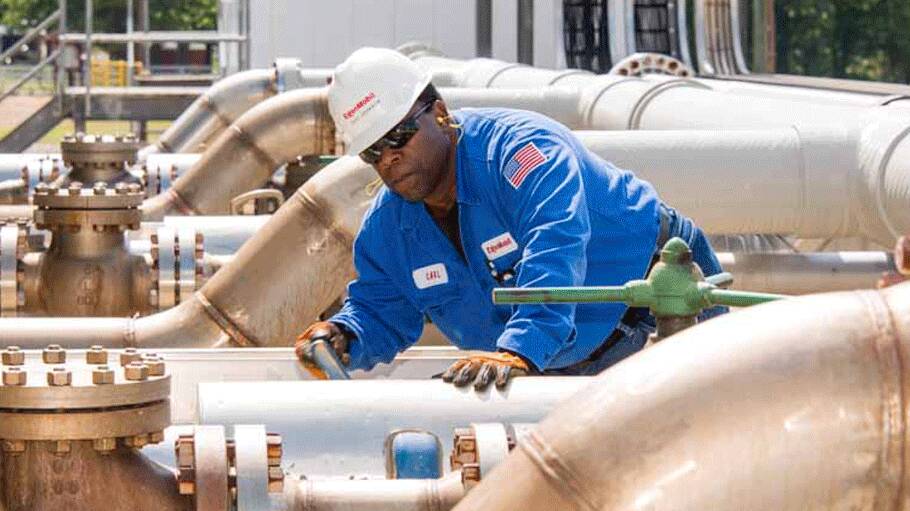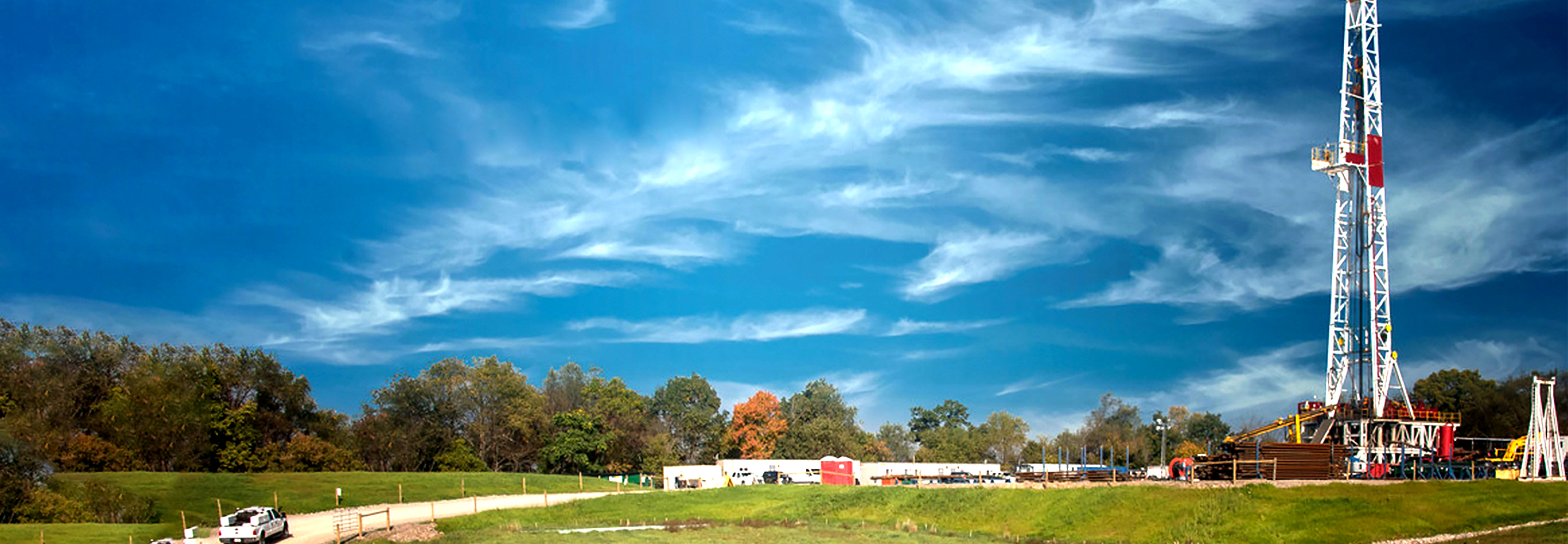selected item
When it comes to methane, better regulatory approach needed
That pro-growth foundation will be even more important as the country seeks to recover from the economic devastation wrought by COVID-19.
While ExxonMobil has been supportive of the regulatory reform efforts, we respectfully disagree with last week’s Environmental Protection Agency decision to pull back direct regulation of methane emissions from new oil and gas facilities.
For several years, ExxonMobil has advocated for Washington to regulate methane emissions across the natural gas value chain. In our view, the move EPA announced misses the mark, especially since the agency will no longer take action on existing sources.
ExxonMobil has a long history of supporting smart regulation, even when many in our industry may have a different view.
This is one of those cases.
Climate change risks posed by methane and other greenhouse gas emissions are serious and warrant action by government and by industry.
The voluntary steps ExxonMobil has taken to reduce methane emissions in our own operations – from phasing out older equipment to enhanced leak detection using aircraft and Big Data – show progress is possible. The best way to spread that progress throughout industry and make a more substantial impact on methane emissions is through responsible, cost-effective regulation.
We’re also making strides to reduce flaring, another source of GHG emissions. After instituting new protocols for our U.S. unconventional operations last year, we reduced the flaring intensity in Texas and New Mexico from 4.7 percent to approximately 1 percent.
That’s real progress.
While EPA may be relaxing standards when it comes to methane, we continue to work with states with oil and gas production (like New Mexico, Pennsylvania, and Texas, for instance) on reasonable methane regulations for both new and existing sources.
After all, if progress is to be realized for everyone’s benefit – both in terms of providing the energy our economy needs while managing environmental impacts – then government and the entire industry must act together, not just a few individual companies.
Explore more
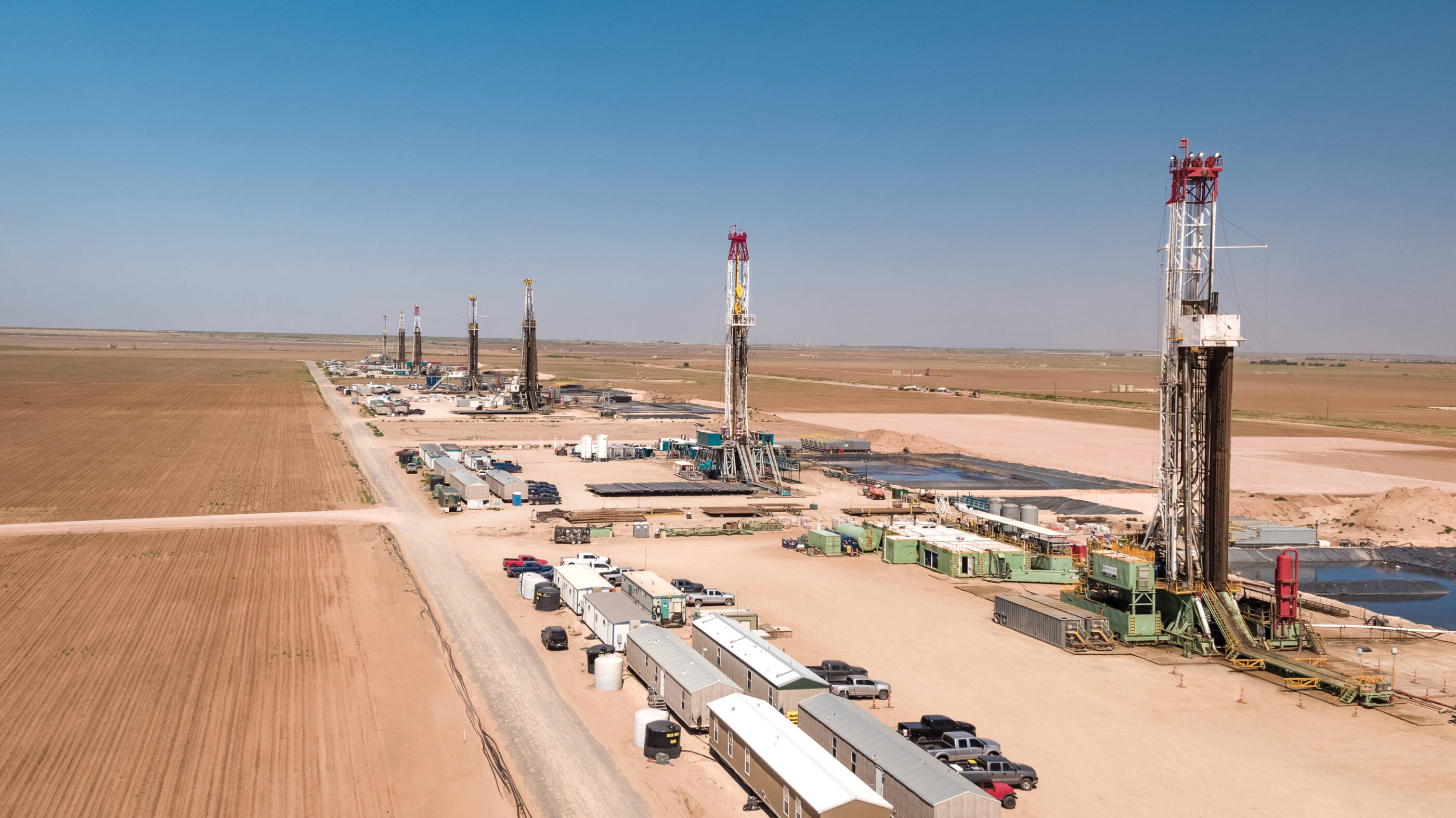
Our purpose in the Permian
Oil and natural gas are fundamental to modern life, from heating homes and filling gas tanks to generating electricity and providing the chemical building blocks for plastics. As one of the most active operators across the Permian Basin – a vast area roughly the size of Kansas that's spread across southwest Texas and southeast New Mexico – ExxonMobil is working to increase global energy supplies at a time when demand for reliable energy is growing.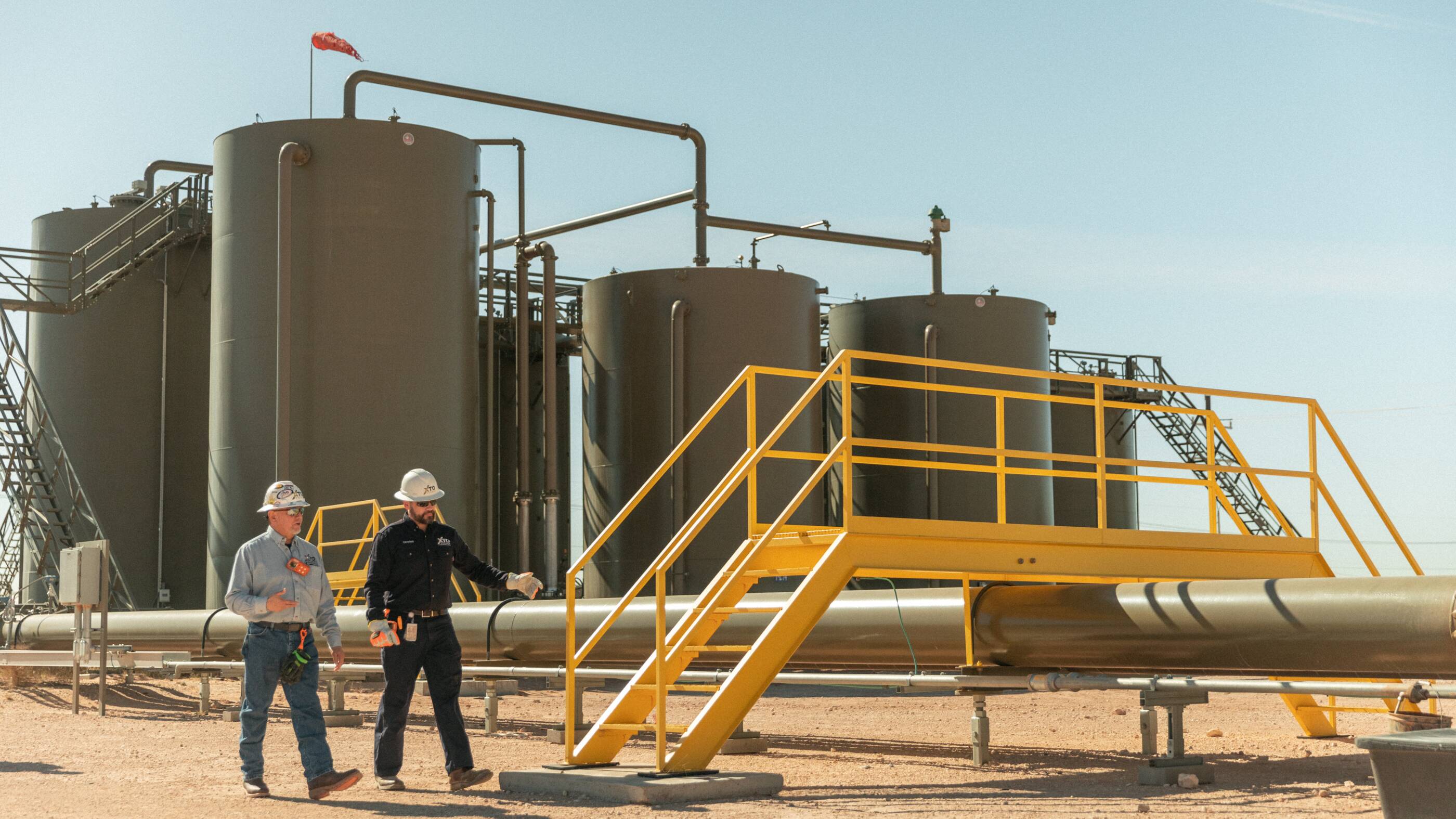
Certifying natural gas on a pathway to a lower-emission energy future
In 2021, ExxonMobil became the first integrated energy company to announce participation in a program to certify natural gas production through a pilot at Poker Lake, New Mexico, a key area of its Permian Basin operations, using standards developed by MiQ, a nonprofit organization.
All in on industry initiative aiming for zero methane emissions
Reducing methane emissions is a cornerstone of ExxonMobil’s net-zero by 2050 (Scope 1 & 2) ambition. That’s why we support the Aiming for Zero Methane Emissions Initiative announced last week by the Oil and Gas Climate Initiative (OCGI).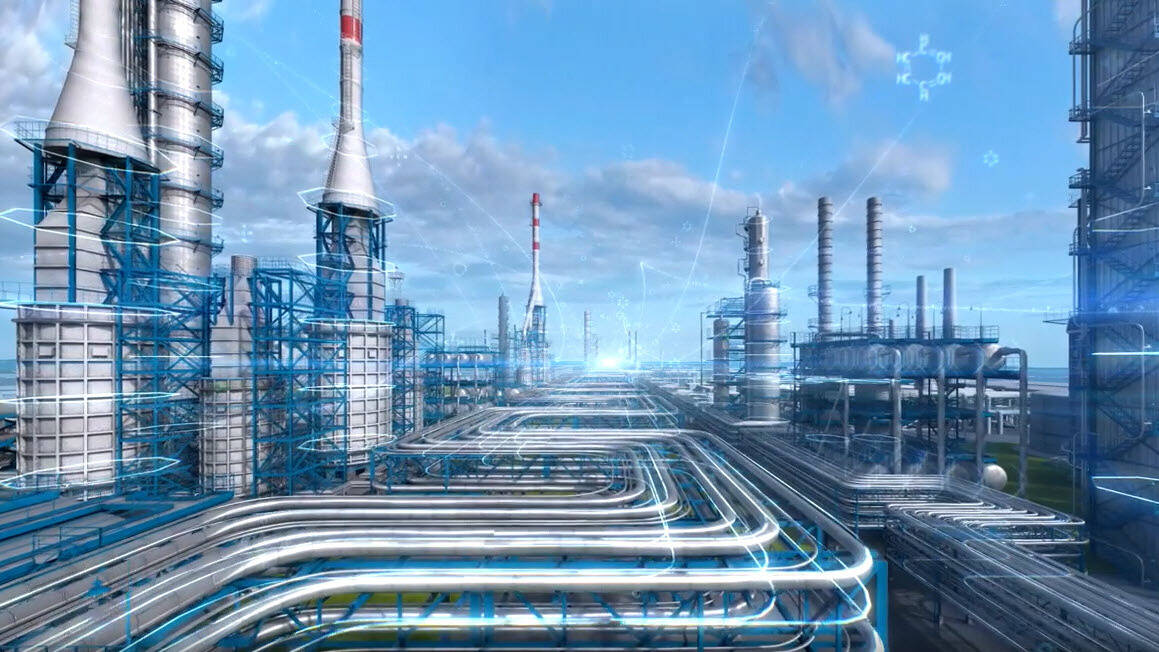
The global methane pledge
In September, the U.S. and European Union announced a Global Methane Pledge to reduce methane emissions by 30% below 2020 levels by 2030. More than 30 nations have now joined the Pledge, and more could be announced at the upcoming COP26 climate summit in Glasgow, Scotland.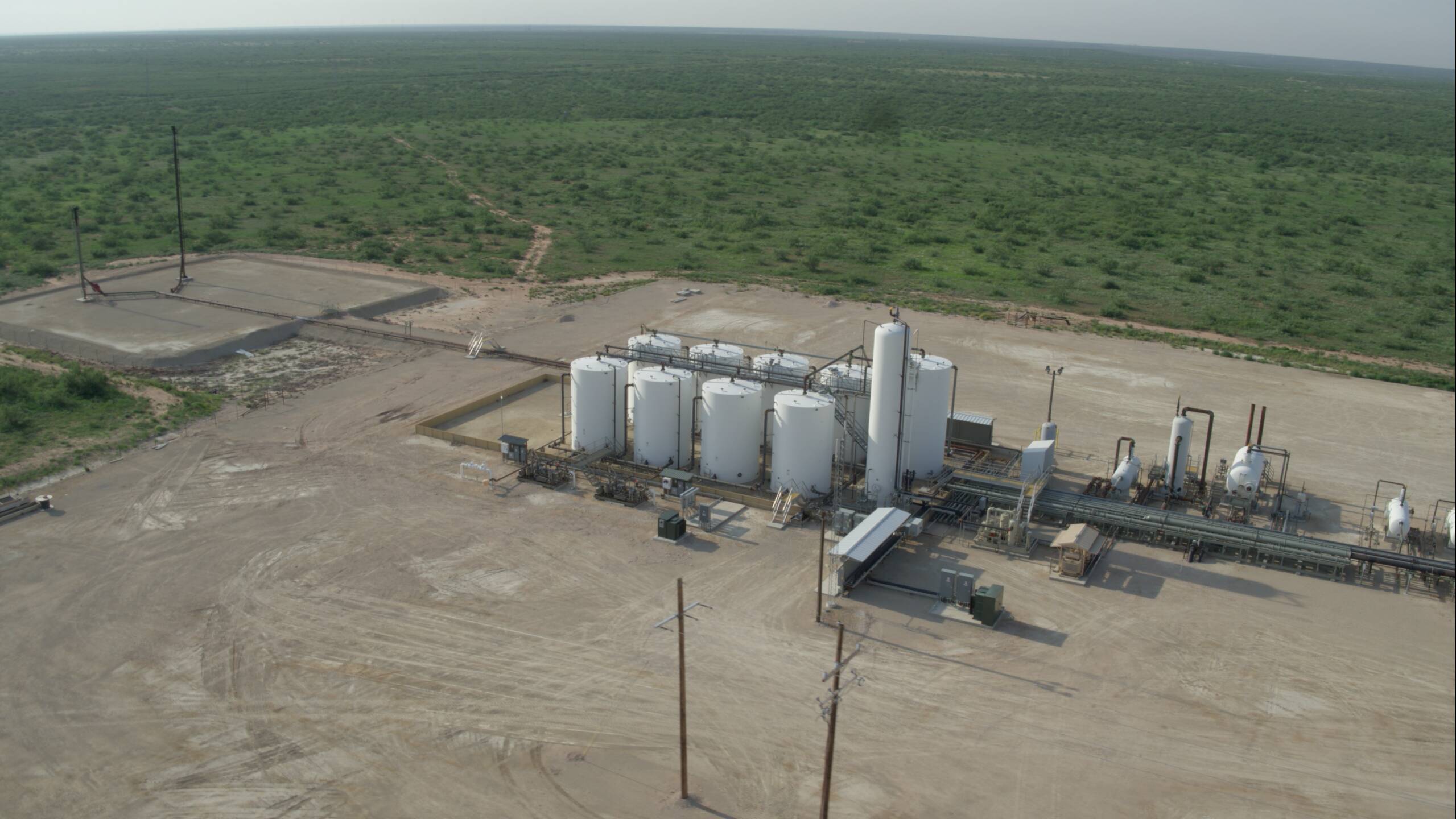
Certified gas pilot to help our customers meet environmental goals
The methane landscape has evolved rapidly and considerably since ExxonMobil announced our enhanced voluntary methane emissions mitigation program nearly four years ago.